3D Printing Case 1
Case Study
Project Name: Internal Reinforcement for Smart Gaming Machine
Material Used: PA+30%GF
Collaboration Quantity: 8 sets, totaling 24 parts
Production Process Used: SLS 3D Printing Technology
Production Cycle: 7 days
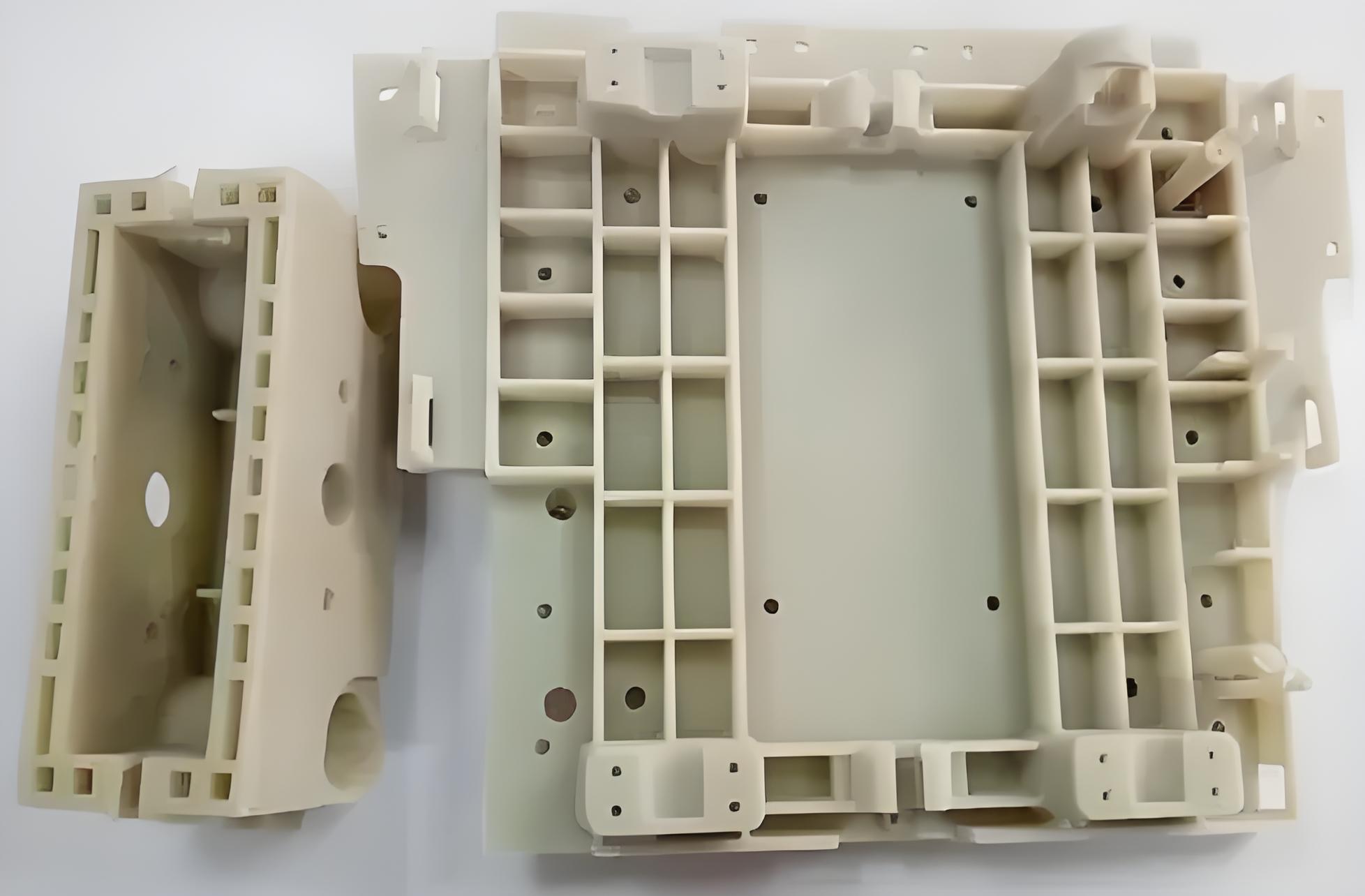
About the Product and Design Requirements:
This component is used in the main body of the airplane controller in smart game simulators, designed to withstand intense impacts, sliding friction, and bearing assembly. Therefore, it must be produced strictly according to customer requirements, including:
1.Dimensional tolerance as specified by the customer.
2.Application of appropriate materials.
3.Professional production technology team.
4.Rapid delivery.
Customer Needs:
Ryder, a high-end manufacturing company, values advanced production technology and utilizes the latest and cutting-edge manufacturing methods. Their philosophy is to create high-quality production and products for their customers. They recently requested our support to produce prototypes for them.
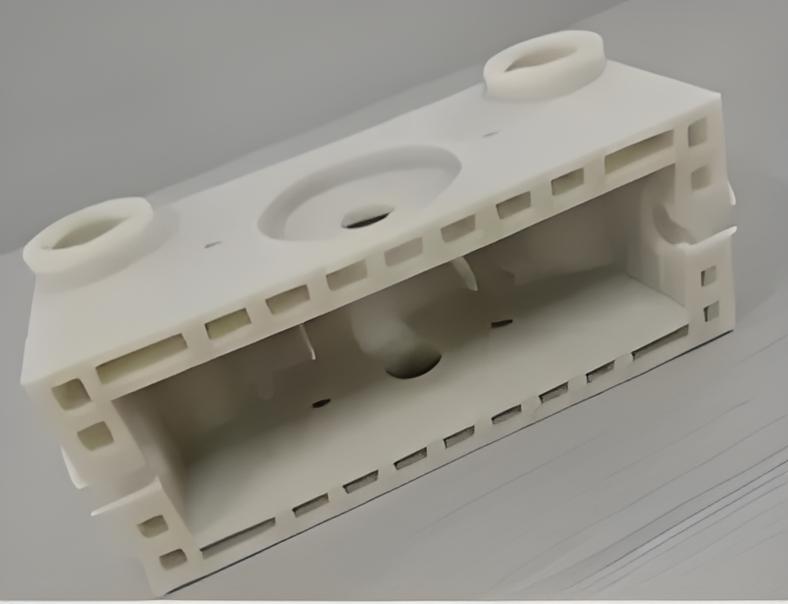
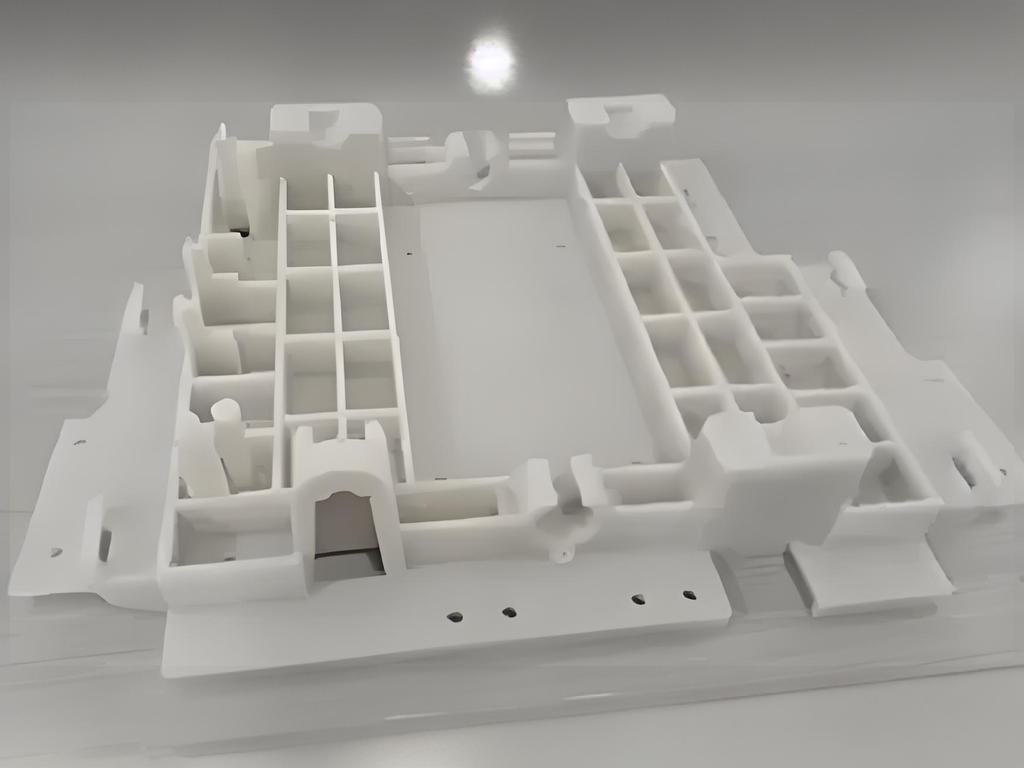
About the Project:
Before collaborating with HY PROTOTYPE, the customer had conducted several tests on internal parts of their smart gaming machine but was dissatisfied with the material used. We identified that we could help resolve the material and production process issues for the internal components.
Our engineering team analyzed the customer's previous test results to determine the optimal material, PA + 30% GF. After thoroughly reviewing delivery dates and production costs, we decided to use SLS 3D printing technology. This approach is a cost-effective production process that can shorten the product development cycle.
Introduction to the SLS Process:
Selective Laser Sintering (SLS) involves the computer-controlled solidification of plastic powder using a laser, while metal powder is selectively solidified layer by layer without laser exposure. SLS processing is straightforward, fast, and can utilize a variety of materials. In principle, this method can be used for any powder material that reduces viscosity upon heating. The material, along with various adhesive coatings, allows particles to form into any shape to meet different needs.
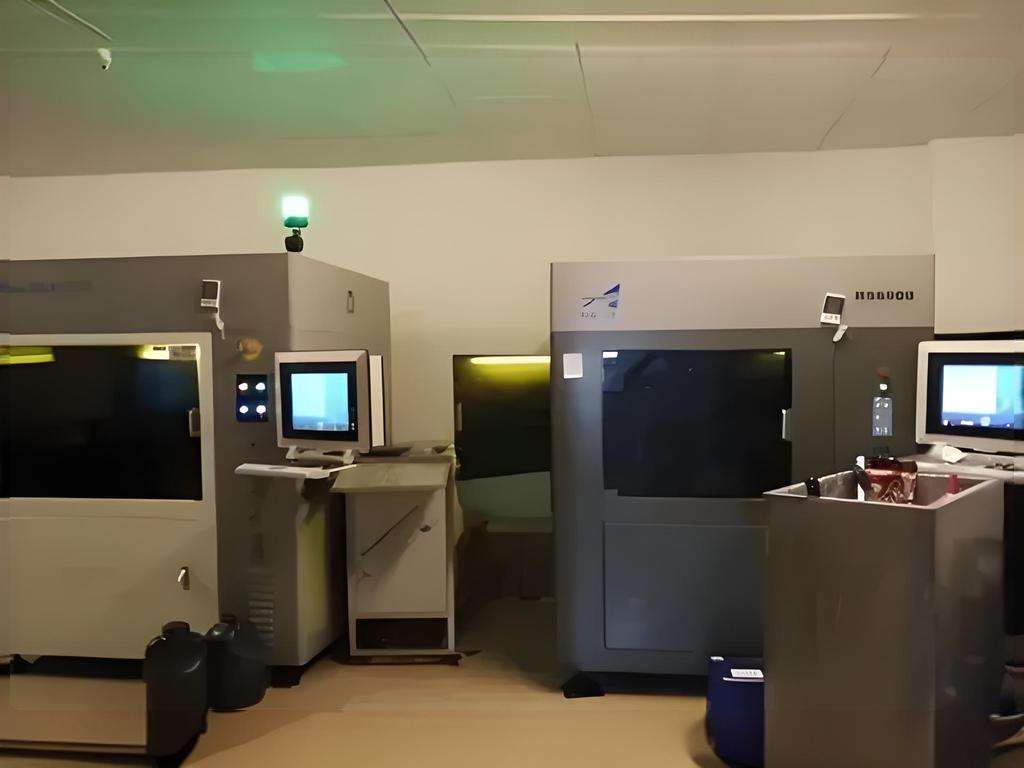
High precision is a hallmark of this process. Depending on the type of material used, particle size, and the geometric complexity of the product, this method typically achieves tolerances within the range of +/- (0.05-2.5) mm across the entire workpiece. When powder particles are smaller than 0.1mm, the formed prototype's accuracy can reach within ±1%.
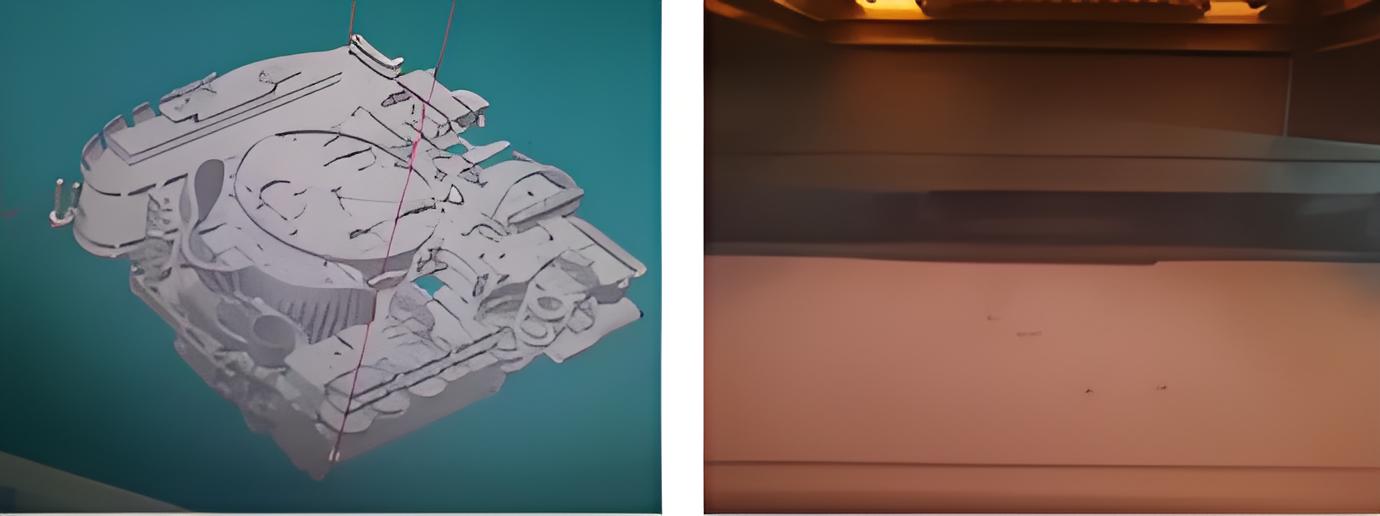
Experience:
Our ability to satisfy customer requirements fundamentally lies in our mastery and application of new technologies, coupled with excellent cost-effectiveness. If you have a project that needs resolution, please contact us promptly. You will receive a free professional analysis and cost control solution.